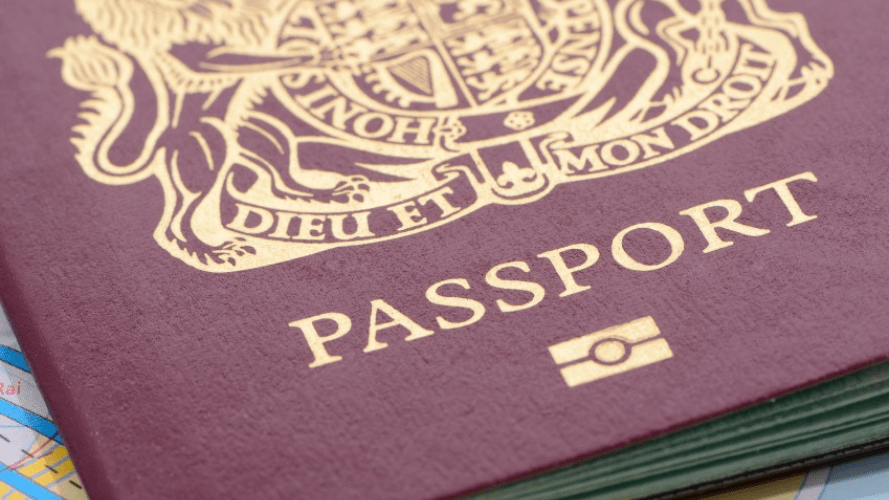Right to Rent legislation means that your landlord must check that you're legally allowed to live in the UK before beginning your tenancy.
The legislation initially went live in England in February 2016.
As a result, as well as providing your landlord with references, paying letting agent fees and finding a deposit, you’ll also have to show your landlord your passport. Here’s everything you need to know about Right to Rent and how it affects you as a tenant:
Why is my landlord checking my passport?
Landlords in England must now check that all tenants and lodgers can legally rent their residential properties.
This check applies to all new tenants, and it’s against the law for a landlord to only check people they think aren’t British citizens. As such, you should expect your landlord to ask you for proof you can legally live here regardless of your nationality.
Before the start of your tenancy, a landlord must check all tenants aged 18 and over, even if:
- They’re not named on the tenancy agreement
- There’s no tenancy agreement
- The tenancy agreement isn’t in writing
You only have to prove your right to rent a property if you’re renting it as your main home. So make sure you know the legislation and how it relates to the property you’d like to rent.
The simplest way for a landlord to check that you do have the right to live here is by checking your passport, which is why they’re asking to see it. It’s important to understand that they have the right to do so and that you can’t legally rent the property without providing this proof to your landlord.
What if I don’t have a passport?
Understandably, not everyone has a passport. If you don’t have one, there’s no need to fear. You’ll just need to show similar documents proving you have the right to live here. As such, you’ll have to provide original copies of at least two of the following:
- Your birth certificate
- A UK driving licence
- A letter from a college or university you’re attending
- A letter from your employer
- A letter from a passport holder who works in certain professions
- A copy of a criminal record check
- Evidence that you served in the armed forces
- If your passport was stolen, you can provide a letter from the police that confirms this
- A letter from HM Prison Service
- A letter from a government department or local authority
- A letter from a private rented sector access scheme
- Paperwork that proves you receive benefits
You can find more information on the Right to Rent document checks a landlord can make here.
How have the checks changed?
When the checks were first introduced, they were to be completed in person, and your landlord would have made a copy of your documents.
However, on the 30th of March 2020, temporary COVID-19 measures were put in place, and after several deadlines were pushed back, they will remain in place until the 30th of September 2022.
Checks currently don’t need to be conducted in person, and landlords do not need your original documents.
Instead, tenants can send a scanned document or photo of a document before video calling the landlord to hold up the original document to the camera so the landlord can check it against the digital version they received.
What does my landlord do with my documents?
It’s your responsibility as a tenant to prove to your landlord that you have the right to live here, and you won’t be able to rent the property if you can’t provide the above evidence.
Once you’ve sent over the documents to your landlord, it’s their responsibility to:
- Check the documents to ensure you can rent the property
- Check the documents of other adults who live at the property
- Keep the copies of the documents throughout the tenancy
It’s also important to know that your landlord can’t discriminate against you for any of these reasons. You should contact the Equality Advisory Support Service if you believe you’re being discriminated against.
To summarise, with the Right to Rent legislation in effect, your landlord has the right to see your passport or other supporting documents proving that you have the right to live in the UK. This is now a standard procedure, and you’ll have to provide these documents before you start your tenancy.
However, as part of this, your landlord can’t discriminate against you, and you should contact the Equality Advisory Support Service if you believe this is the case.
Enjoying our content?
Get the latest letting news, views and tips from HomeLet straight to your inbox.

